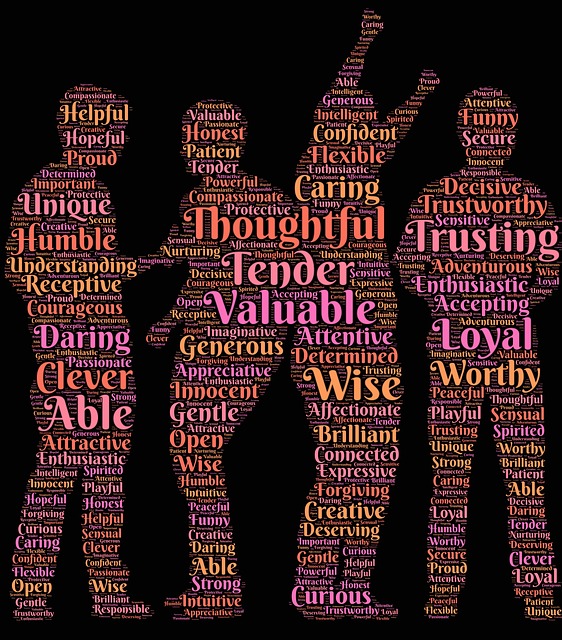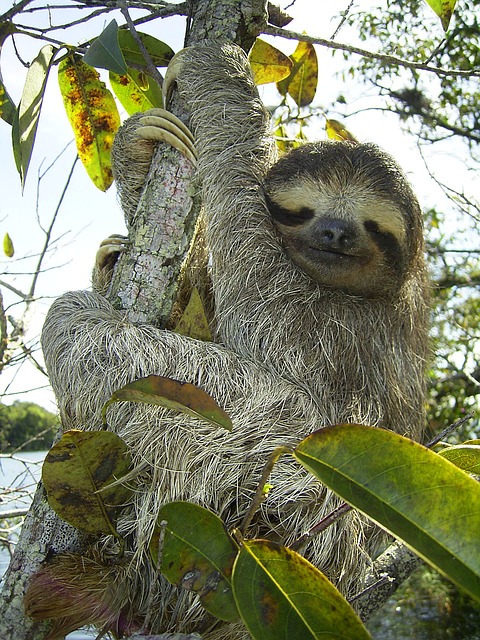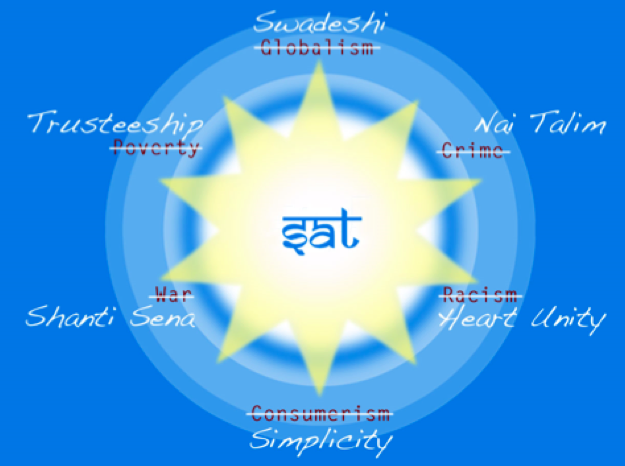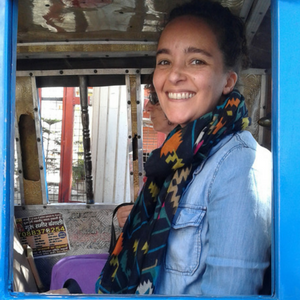In this blog-series accompanying our project of updating the Peace and Conflict Studies lectures (we call it PACS 164-c), Kimberlyn David reviews some of the key material of the course from a personal lens in an effort to generate personal reflection and the application of course content.
“We are only as brave as the stories we tell ourselves.” ~ Metta Center for Nonviolence
Do you get paid what you’re worth? Pause on this question for a few moments, lingering on the word “worth.” What comes up for you?
 Last week, a copywriting client told me that she’d like to give away her yoga and life coaching services—she doesn’t need to work because her husband makes enough money to support their family. “But,” she said with a confident calm, “I want to get paid what I’m worth.”
Last week, a copywriting client told me that she’d like to give away her yoga and life coaching services—she doesn’t need to work because her husband makes enough money to support their family. “But,” she said with a confident calm, “I want to get paid what I’m worth.”
I’ve said similar words countless times, primarily out of fear about my finances and fretting about clients who’ve tried priming me for unsustainable rates (“I’m thinking of outsourcing this to Fivvr.”) The fear and fretting were of course counterproductive: the current game of capitalism requires its players to squeeze as much as they can out of people and planet for as little expense as possible. A productive avenue leads away from fear and blame to analyzing what the economic system, invented by humans, imposes on the quality of life.
For it is an imposition—on all of life. This morning’s news includes a story about the plight of walruses in Alaska. Some 35,000 of these marine creatures have been forced ashore because the ice floes they use for rest stops are disappearing, melting into the warming North Pacific. The Independent quotes Margaret Williams, the managing director of World Wildlife Federation’s Arctic program:
“The walruses are telling us what the polar bears have told us and what many indigenous people have told us in the high Arctic, and that is that the Arctic environment is changing extremely rapidly and it is time for the rest of the world to take notice and also to take action to address the root causes of climate change.”
The root causes of climate change lie with us, with how and why we consume. Therefore, the roots to reducing emissions and preventing catastrophe lie with us too.
* * *
I’m currently living in Panama, and all eyes here are on the inauguration of the Biomuseo, a museum designed  by famed architect Frank Gehry and that highlights the importance of Panama to the planet’s biodiversity. Upon rising from the sea 3 million years ago, the isthmus of Panama bridged North and South America, and it divided one sea into two, the Pacific and the Caribbean. Panama’s emergence led to the proliferation of flora and fauna between neighboring continents, and Panama remains home to one of the world’s greatest diversity in birds, mammals and reptiles.
by famed architect Frank Gehry and that highlights the importance of Panama to the planet’s biodiversity. Upon rising from the sea 3 million years ago, the isthmus of Panama bridged North and South America, and it divided one sea into two, the Pacific and the Caribbean. Panama’s emergence led to the proliferation of flora and fauna between neighboring continents, and Panama remains home to one of the world’s greatest diversity in birds, mammals and reptiles.
While the museum will serve as an important educational resource, I’m wondering whether the irony of building a museum devoted to biodiversity while wiping out environments vital to biodiversity is overlooked. Panama’s earth, seas and skies are under the plunder of development booms—luxury high rises that go largely unoccupied, the construction of unnecessary roads, over air-conditioned shopping malls, the mushrooming of American fast food chains. From the Biomuseo, you can see where mangrove forests have been cleared for what will be residential developments and airport fuel tanks.
Amidst all this “first-world” development, it’s becoming increasingly difficult to find spaces of connection and inner development. Life revolves around the car and commerce. And wages for most Panamanians stagnate as the cost of housing unjustifiably skyrockets.
* * *
“The deepest crises experienced by any society are those moments of change when the story becomes inadequate for meeting the survival needs of a present situation,” said Thomas Berry. We’re facing multiple deep crises—wars, poverty, climate changes. The prevailing story of monetary value equaling worth is failing us and everything that lives on this planet.
As Berry’s quote highlights, crises aren’t hopeless. They provide us with opportunities to grow, to create the new stories of who we are and can be. Life cannot be reduced to a spreadsheet and quantified in monetary terms. The problems we face now beg us to find and cultivate a radically different story.
We could borrow from Thich Nhat Hanh, who told the Guardian that love is our way out of climate change, because love feeds us the courage and compassion needed to make a difference. At the leadership level in governments and businesses, the fear of losing one’s status can trump wise decisions.
Then there’s the individual love we put into play for the health of our communities and the planet’s. The Climate March in New York, brought to life by 400,000 people, expressed this love.
The New Story might very well be the ultimate love story: one of sacrificing material-based self-interest for an interest in all of life and our place in it. Sacrifice isn’t scary or painful—we’re already quite familiar with it, as genuine love grows from the seeds of cherishing. Parents set aside their own interests and cherish their children’s; the tens of thousands of people marching and occupying government buildings in Hong Kong are setting aside their individual concerns for the sake of the political freedoms they cherish.
 Love is constructive. It builds up our human goodness, connecting us at the heart level. “We need a United People, not a United Nations,” Professor Nagler says, and it’s human unity that’s energizing people to build new institutions, from banking to food growing. Gandhi coined a term for nonviolent organizing and society building: Constructive Programme. Constructive Programme honors individual creativity and potential while providing practical strategies for eliminating war, crime and poverty.
Love is constructive. It builds up our human goodness, connecting us at the heart level. “We need a United People, not a United Nations,” Professor Nagler says, and it’s human unity that’s energizing people to build new institutions, from banking to food growing. Gandhi coined a term for nonviolent organizing and society building: Constructive Programme. Constructive Programme honors individual creativity and potential while providing practical strategies for eliminating war, crime and poverty.
Telling a love story helps us break free from the chains of “earning” a living—or getting paid what we’re worth. We’re alive, and in those regards, there’s nothing for any of us to earn or be worthy of.
No amount of money can ever pay us what we’re worth, because life cannot be measured according to financial wealth, which has a limited value. Our lives, full of the ability to create and love, hold limitless value. As Metta Center puts it: “Human dignity rests upon the fact that we are body, mind and spirit.”








